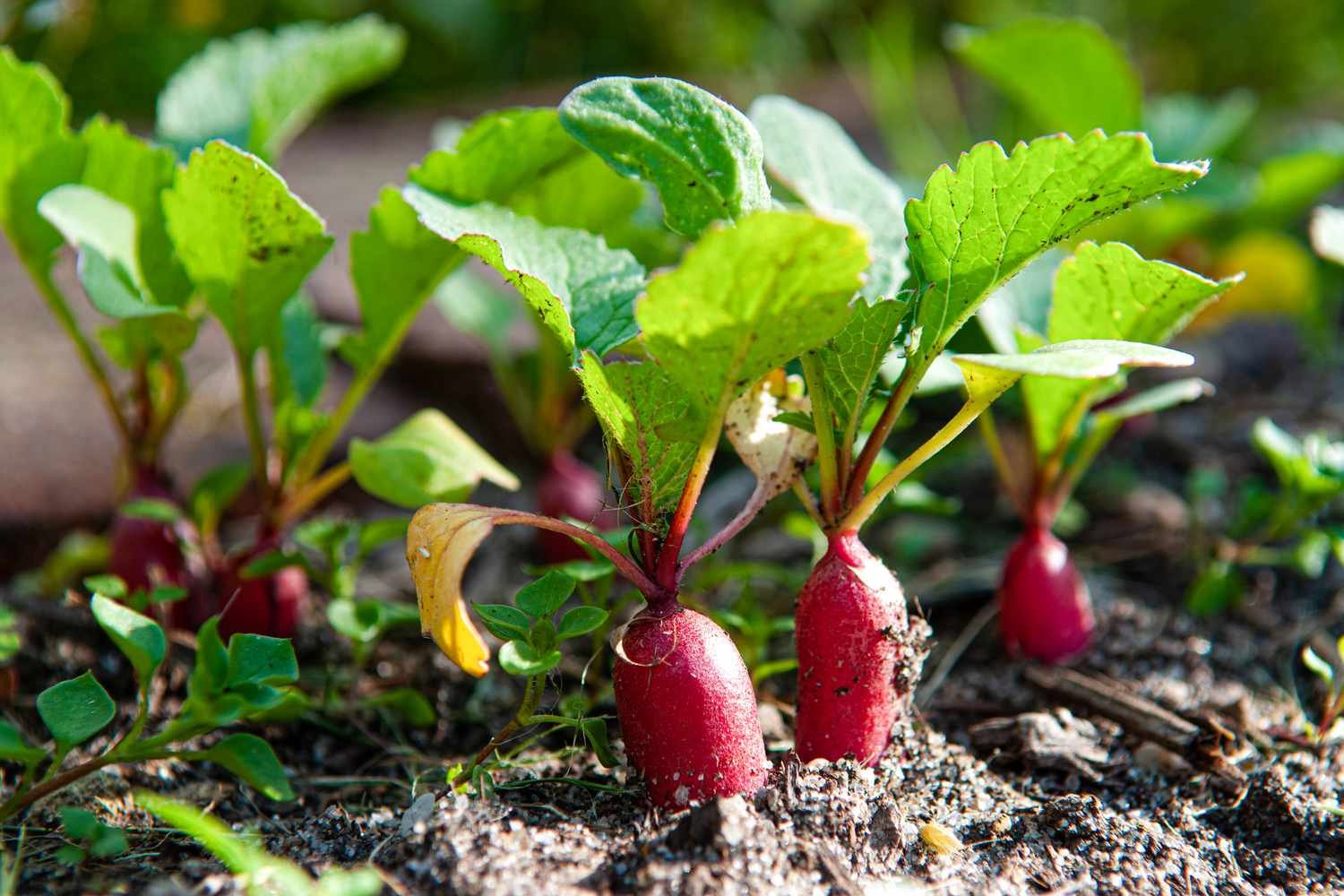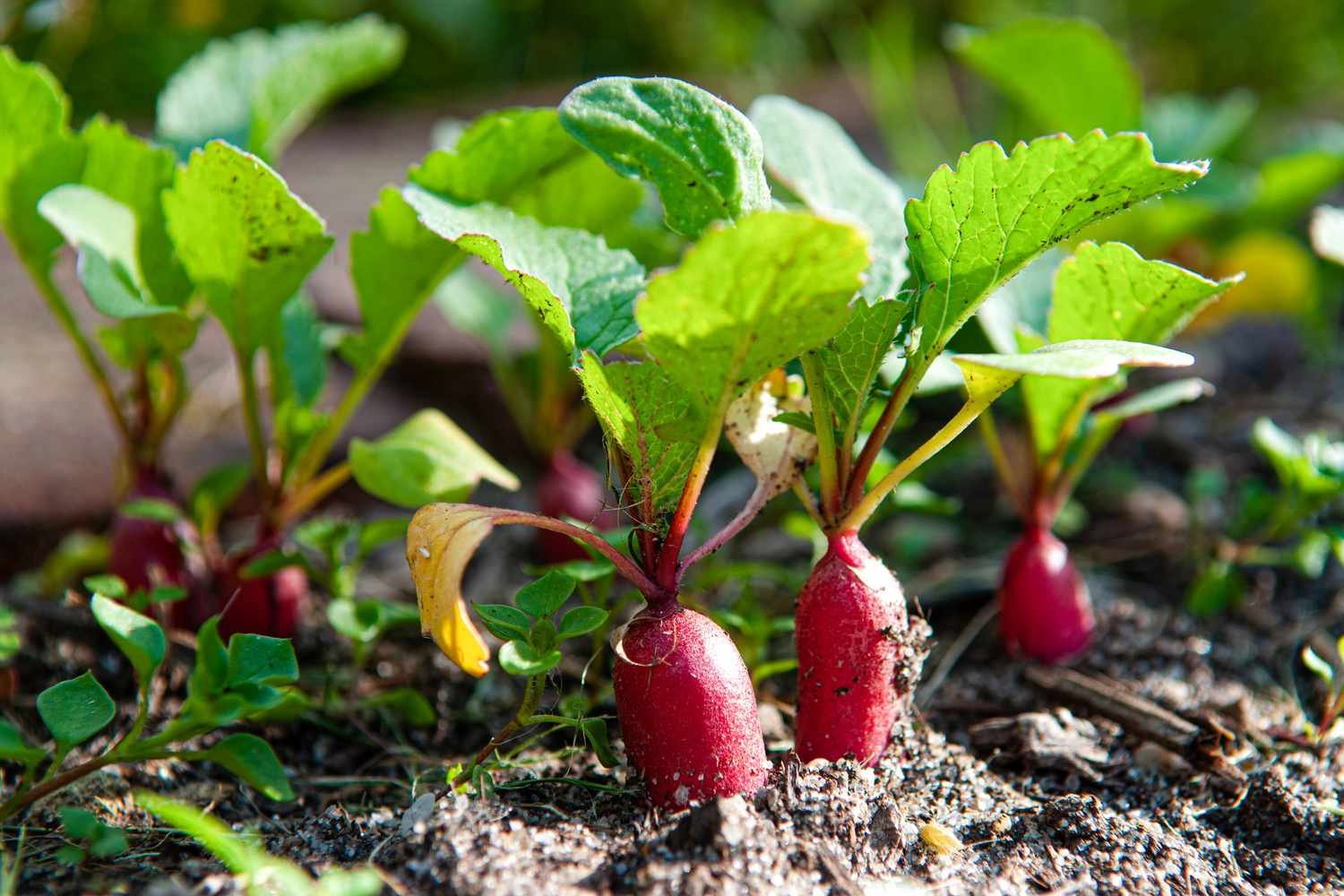Organic fertilizers are essential components of sustainable gardening practices, offering a natural and environmentally friendly way to nourish plants and improve soil fertility. Unlike synthetic fertilizers, which deliver nutrients in readily available forms, organic fertilizers work in harmony with soil organisms to release nutrients slowly over time. This gradual nutrient release not only promotes healthy plant growth but also enhances soil structure, supports beneficial microorganisms, and reduces the risk of nutrient runoff. Let’s delve into how organic fertilizers function in soil and their benefits for sustainable gardening.

Nutrient Release through Decomposition
Organic fertilizers derive their nutrients from natural sources such as composted animal manure, plant residues, bone meal, fish emulsion, and seaweed. These materials undergo decomposition by soil microorganisms, which break down complex organic compounds into simpler forms that plants can absorb. As organic matter decomposes, nutrients like nitrogen (N), phosphorus (P), potassium (K), calcium (Ca), magnesium (Mg), and micronutrients become available in soluble forms, gradually enriching the soil and feeding plants as needed.
Improving Soil Structure and Fertility
Organic fertilizers contribute to soil health by improving soil structure and fertility. The organic matter in these fertilizers enhances soil texture, increasing its ability to hold moisture and nutrients. This improves aeration and drainage, creating a favorable environment for plant roots to grow deep and access essential nutrients. Over time, organic fertilizers build organic carbon levels in the soil, which enhances its water-holding capacity and supports beneficial soil organisms crucial for nutrient cycling and plant health.
Slow and Steady Nutrient Availability
Unlike synthetic fertilizers that can leach into groundwater or cause nutrient imbalances in soil, organic fertilizers release nutrients slowly and steadily. This gradual nutrient availability matches plants’ growth cycles, reducing the risk of nutrient loss through runoff or volatilization. Organic fertilizers sustainably nourish plants over an extended period, supporting consistent growth without the need for frequent applications. This approach promotes long-term soil fertility and minimizes environmental impact, making organic fertilizers a preferred choice for eco-conscious gardeners.
Feeding Soil Microorganisms
Organic fertilizers foster a diverse and thriving soil ecosystem by providing food and habitat for beneficial microorganisms. Soil bacteria, fungi, earthworms, and other organisms break down organic matter, releasing nutrients and enhancing soil structure. This biological activity improves nutrient cycling, increases nutrient availability to plants, and strengthens plant resistance to pests and diseases. By supporting soil biodiversity, organic fertilizers contribute to resilient and sustainable gardening practices that promote overall ecosystem health.
Environmental Benefits and Sustainability
Organic fertilizers offer several environmental benefits compared to synthetic counterparts. They reduce the carbon footprint associated with chemical manufacturing and minimize the risk of groundwater contamination from excess nutrients. Organic farming practices promote soil conservation, water quality protection, and biodiversity conservation, aligning with principles of sustainable agriculture. By choosing organic fertilizers, gardeners support ecosystem services, reduce environmental impact, and contribute to healthier soils and landscapes.
Conclusion
Organic fertilizers play a vital role in sustainable gardening by enhancing soil fertility, supporting beneficial soil organisms, and promoting healthy plant growth through slow and steady nutrient release. By improving soil structure, fostering nutrient cycling, and minimizing environmental impact, organic fertilizers contribute to resilient and sustainable ecosystems. Gardeners who embrace organic gardening practices not only nurture healthier plants but also protect natural resources and promote long-term soil health for future generations.
Incorporate organic fertilizers into your gardening routine to harness the benefits of natural nutrient cycling, enhance soil fertility, and cultivate thriving gardens sustainably. By understanding how organic fertilizers work in soil and their ecological advantages, you can make informed choices that benefit both your garden and the environment.










